Precisely 13 years after its first Presidency of the Council of the European Union, Slovenia stepped into its second mandate on 1 July 2021 and started implementing critical new initiatives while pursuing inherited measures from its direct predecessors as the EU is slowly shifting from crisis-handling times to post-crisis recovery.
Nowadays, being faced with a highly diverse EU and standing by the presidential trio’s common top priorities, Slovenia strives to strengthen the European health system while guaranteeing a fair, sustainable, and digital transition. As a first milestone, the Slovenian Resilience and Recovery Plan (with a €2.5 billion budget) on NextGenerationEU’s recovery package fund utilisation was approved by the European Commission in early July.
Then, from a broad perspective, Slovenia will be committed to pursue its predecessors’ ambitions by revolving the forthcoming 6-month term around the success of the new European R&I programme: Horizon Europe – whose work programmes and first calls have just been released – and by ensuring the building of strong links between the programme’s actions and the Recovery .
This commitment comes along with the more specific determination to build a renewed and more inclusive European Research Area (ERA) whose process, as suggested by Slovenia’s presidential motto “Together. Resilient. Europe.”, will strongly rely on the importance of collaborating with third countries in the scientific knowledge field. The upcoming Council’s response to Europe’s global approach to cooperation in research and innovation: strategic, open, and reciprocal is expected to outline Slovenia’s action plan suggestions on this matter.
Within the building of this new ERA but equally throughout the whole programme and its presidential term in general, Slovenia will work on fostering EU private-public partnerships to maximise excellence in research outcomes. What’s more, it will prioritise gender balance as well as the greater professional integration of young researchers.
In the same vein, Slovenia will also take further steps towards the adoption of the Pact for Research and Innovation, laying down the foundations for ERA’s implementation principles and aiming at setting common targets across Europe. The adoption completion would allow Slovenia to bolster the Lisbon Treaty’s initial ambition to “strengthen [the EU’s] scientific and technological bases by achieving a European Research Area in which researchers, scientific knowledge and technology circulate freely” from when it was officially implemented under its previous presidential term.
Echoing Prime Minister Janez Janša’s words when initiating Slovenia’s 2008 Presidency, pledging to “see the environmental-energy dimension as being one of the key issues for the future of the European Union” Slovenia will also strive to foster innovative opportunities in the clean energy field by completing negotiations on the Trans-European Networks for Energy (TEN-E) as well as on the Renewable Energy Sources Directive (RES) and the Energy Efficiency Directive (EE) as announced by State Secretary of the Environment Metka Gorišek.
Furthermore, Slovenia’s valuable resilience illustrated through the development of its eHealth system in response to the COVID-19 crisis and in the cancer detection field as well as its strong AI innovator potential – which led UNESCO to select it as a homeland for its International Research Centre on Artificial Intelligence (IRCAI) – will allow it to bring consistent input to the drafting of general approaches on key EU digital initiatives such as the recently published AI Act.
Slovenia’s Presidency will end on 31 December 2021, thus concluding the Presidential Trio of the Council of the EU made up of Germany, Portugal and Slovenia.
Ljubljana pact on gender parity in research
The Slovenian Presidency is currently drafting the Ljubljana pact on gender parity in research, a document aiming to enhance actions towards gender equality in research and to boost joint efforts between EU member states in this regard.
In its work programme, Slovenia states that “in the European Research Area, special attention will be devoted to efforts to ensure gender equality” (page 30). The Slovenian Presidency will also support the EU Gender Equality Strategy and will work on reaching gender equality in the labour market by promoting women’s participation and reducing the gender pay gap.
You can have a look at the official website of the Slovenian Presidency here.




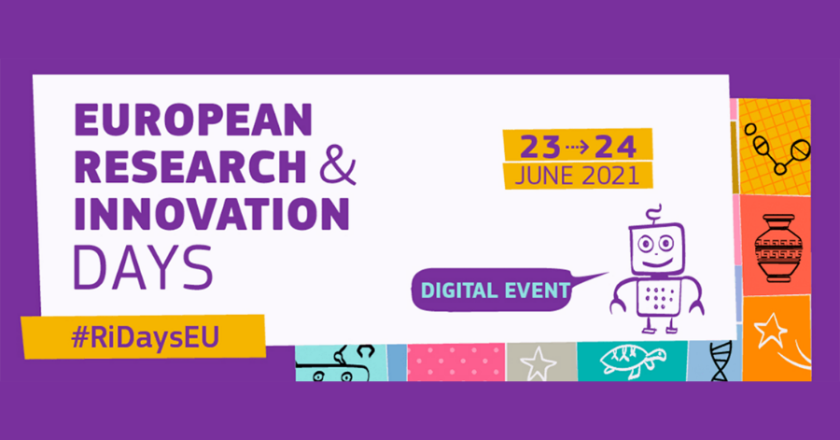

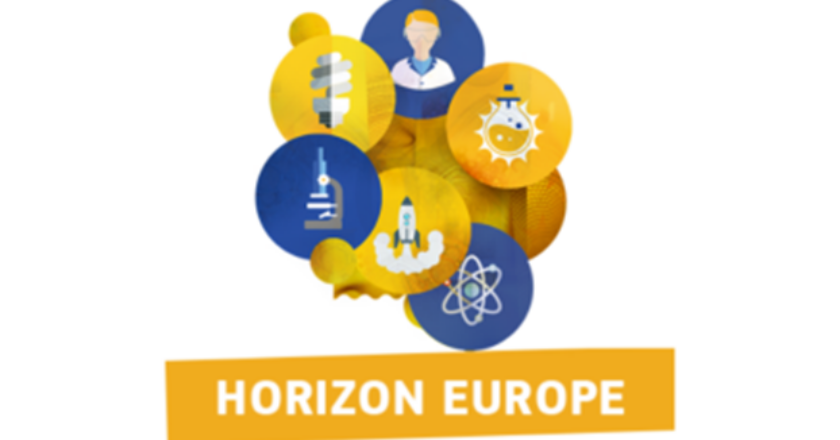
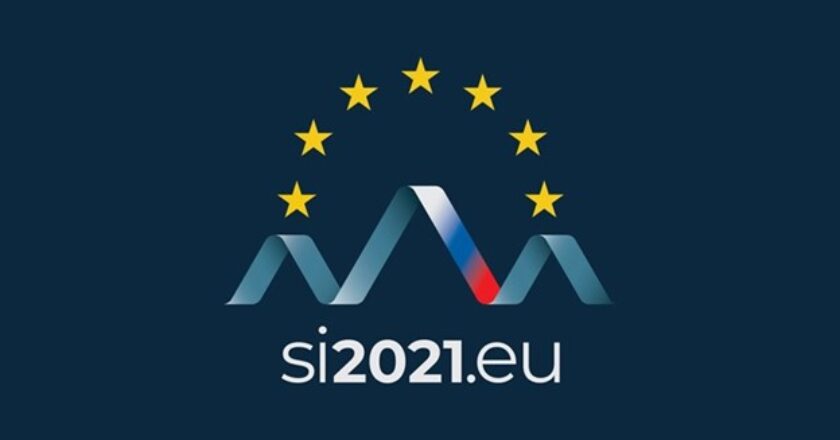

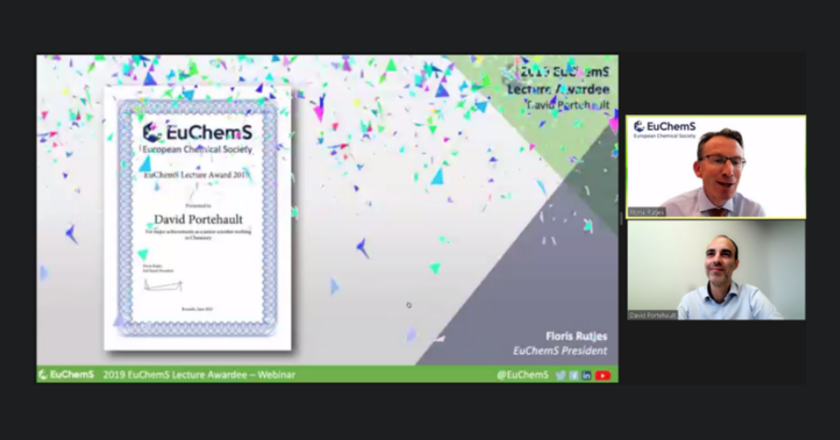

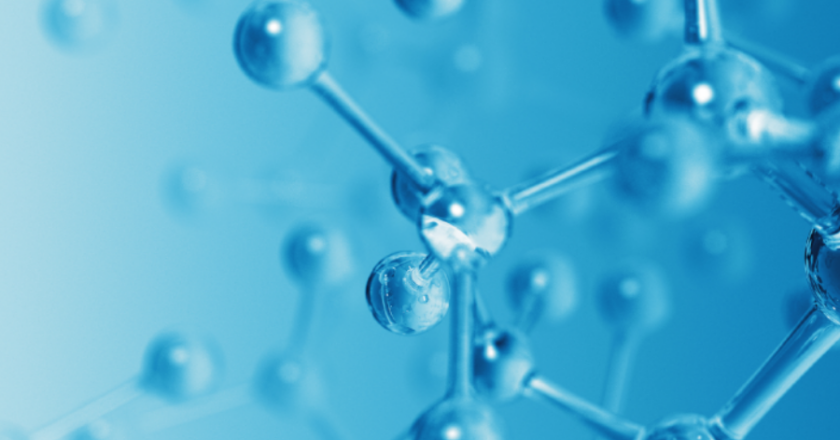

You must be logged in to post a comment.